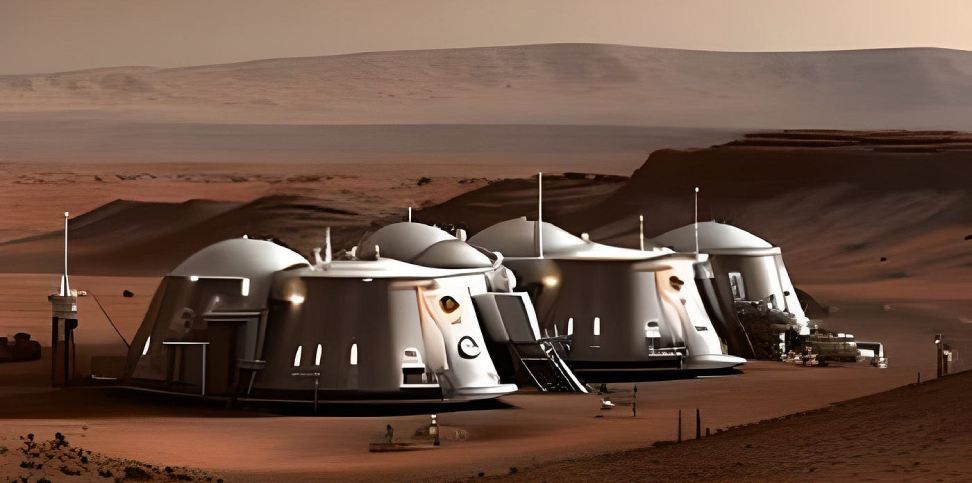Max66, Arsgroup777, ARS Group Exchange: The history of space exploration is a tale of human determination and ingenuity. Beginning with the launch of the first artificial satellite, Sputnik 1, in 1957 by the Soviet Union, a new era of discovery and innovation was inaugurated. This milestone marked the dawn of the space race between superpowers, leading to significant advancements in rocket technology and space exploration capabilities.
Following the success of Sputnik 1, the United States established its own space agency, NASA, in 1958. Over the decades, NASA and other space organizations around the world have achieved numerous milestones, including the first human landing on the moon in 1969 during the Apollo 11 mission. As technology continues to advance, the exploration of space has expanded beyond our solar system, with robotic probes venturing to distant planets and spacecraft being launched to study the mysteries of the cosmos.
The Potential Benefits of Colonizing Mars
Colonizing Mars presents a myriad of potential benefits that could revolutionize humanity’s future. One significant advantage is the opportunity to expand our knowledge of the universe and potentially discover new scientific breakthroughs. Having a human presence on Mars could unlock insights into the planet’s geology, atmosphere, and potential for sustaining life, offering invaluable data for both scientific research and technological advancement.
Moreover, establishing a colony on Mars could serve as a stepping stone for human exploration beyond our solar system. By developing the necessary infrastructure and technology to support life on the Red Planet, we could gain valuable experience and insights that may prove essential for future interstellar travel. This endeavor could open up new possibilities for humanity, fostering a sense of unity and cooperation on a global scale as we strive towards a common goal of exploring the unknown depths of space.
Challenges of Establishing a Colony on Mars
Ars247, Wazeerexch, Peachexch: Challenges in establishing a colony on Mars are numerous and complex. One major obstacle is the harsh environment on the red planet, characterized by extreme cold, radiation exposure, and a thin atmosphere lacking breathable oxygen. These conditions pose significant risks to human health and the sustainability of life support systems. Additionally, the distance from Earth presents challenges in terms of communication delays and the timely delivery of essential supplies.
Another challenge in establishing a colony on Mars is the high cost associated with the initial setup and maintenance of infrastructure. Building habitats, developing life support systems, and setting up reliable transportation to and from Earth require substantial financial investment. Moreover, the long-term sustainability of a Martian colony depends on creating a self-sufficient ecosystem that can support human life independently. Overcoming these challenges will require innovative solutions, international collaboration, and a steadfast commitment to pushing the boundaries of human exploration.
What are some of the challenges of establishing a colony on Mars?
Some of the challenges include transportation of resources, communication delays with Earth, harsh living conditions, radiation exposure, and the psychological impact on colonists.
How would colonists on Mars obtain resources for survival?
Colonists would need to rely on resource extraction from the Martian environment, such as water ice for drinking and farming, and potentially mining for minerals needed for construction and maintenance.
How would communication with Earth be affected for colonists on Mars?
Communication delays due to the distance between Mars and Earth would result in longer response times for messages, potentially impacting decision-making and emergency situations.
What are the risks of radiation exposure for colonists on Mars?
Mars has a thin atmosphere that does not provide the same level of protection from cosmic radiation as Earth’s atmosphere, posing health risks to colonists over time.
How could the psychological well-being of colonists be affected by living on Mars?
Colonists would face isolation, limited social interactions, and the stress of living in a challenging environment, which could impact their mental health and well-being.
Additional:
- How To Delete Xbox Account?
- 10 Best Gaming Laptops for All Types of Gamers
- What Is Sandbox VR? How Much Is Sandbox VR?


